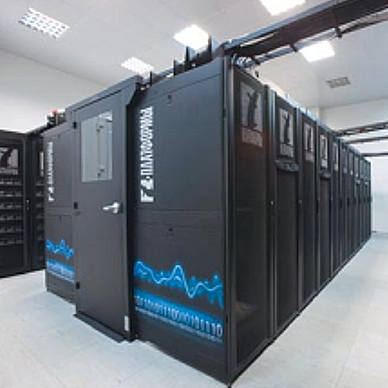 Some tech writers have just discovered the Bureau of Industry and Securities’ Entity List and they are, well, perplexed. Arstechnica, Slashdot and HPC Wire all weighed in on the mysterious list, with all three expressing some surprise that U.S. companies could no longer supply components to T-Platforms, the Russian supercomputer manufacturer that BIS put on the Entity List back in March.
Some tech writers have just discovered the Bureau of Industry and Securities’ Entity List and they are, well, perplexed. Arstechnica, Slashdot and HPC Wire all weighed in on the mysterious list, with all three expressing some surprise that U.S. companies could no longer supply components to T-Platforms, the Russian supercomputer manufacturer that BIS put on the Entity List back in March.
The BIS notice putting T-Platforms on the Entity List cited two rationales. First, the company had received shipments of a number of export-controlled items that had been shipped without the required licenses. Second, the notice stated that there was “reason to believe” that T-Platform was involved with the Russian military’s research on nuclear weapons. As a result, BIS stated that all exports of items subject to the EAR would require licenses and that the licensing policy would be a presumption of denial.
By focusing on the impact of the designation on exports of components and hardware to T-Platforms, the articles all missed a more interesting issue. Last year, T-Platforms delivered a supercomputer to the State University of New York at Stony Brook. My educated guess is the SUNY paid a small fortune and expected and received an agreement from T-Platforms that it would provide maintenance and service as needed for the supercomputer.
Uh-oh. To say the least. Somebody at SUNY right now is probably asking who on earth had the bright idea to buy this thing from Russia, because I’m sure that someone has realized by now that most requests for service by T-Platforms of this leviathan would inevitably require that SUNY transfer EAR99 technology to T-Platforms. Â Such a transfer would occur to the extent that the request would transfer to T-Platforms non-public information on the development, production or use of the computers.
How long before we see SUNY’s new supercomputer on eBay for $19.99 OBO?

 Posted by
Posted by  Category:
Category: 

 OFAC announced on Friday a
OFAC announced on Friday a 



